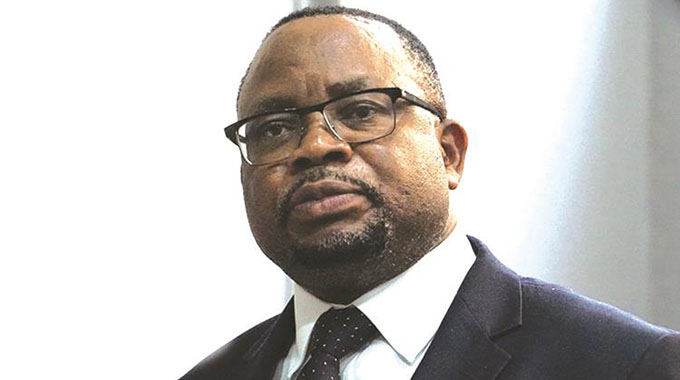Lawyers demand Mavima to comply with languages law

Fidelis Munyoro Chief Court Reporter
Two Harare lawyers have approached the High Court seeking to compel Government to ensure that three main languages — Ndebele, Shona and English — are taught in all schools up to Form Two level in line with the dictates of the country’s statutes.
Currently, Ndebele is taught mainly in Matabeleland and parts of the Midlands, while Shona is taught in all the Mashonaland provinces, Manicaland, Masvingo and parts of the Midlands while English is taught in all schools
The law requires that the three languages be taught to all children up to Form Two level, on an equal-time basis in terms of Section 62(1) of the Education Act (Chapter 25:04).
The section provides that, “subject to this section, all the three main languages of Zimbabwe, namely Shona, Ndebele and English, shall be taught on an equal-time basis in all schools up to Form Two level.”
This provision was introduced by Act 2 of 2006 and took effect on May 12, 2006.
Mr Tymon Tabana and Mr Admire Rubaya want Primary and Secondary Education Minister Professor Paul Mavima to take the necessary steps as part of the education curriculum review, by directing all schools to teach the main languages, within seven days of the court order.
The two, who are being represented by Advocate Thabani Mpofu, filed their application at the High Court yesterday.
In his affidavit, Mr Tabana contends that the provision binds the State and casts a clear and laudable obligation on the minister.
The minister, he said, is the one who must ensure compliance with its terms.
“I am aware that this law which took effect in the year 2006 is not being followed,” said Mr Tabana.
“This reflects on the fact that some people were forced to pass it but they remain stuck in their belief of the perceived superiority of their languages.
“I submit that there is no need for the breach to be countenanced. Whatever the views some people may hold on this matter, the fact of the matter is that it is the law and the law must be enforced.
“Respondent (Prof Mavima) has a statutory obligation to ensure that schools implement this standard.”
As education minister, Prof Mavima has a responsibility to administer the Education Act to ensure that there is compliance with its provisions.
Zimbabwe is not the only country in the world which has imposed such a requirement. The 2006 amendment to the education law was informed by global trends.
To this end, Mr Tabana argues that there is a clear obligation that the minister has not complied with the law, 13 years after the obligation was first imposed.
Mr Tabana, a firm believer in the use of domestic languages, is proficient in many local languages.
“It is vitally important that as Zimbabweans we not be strangers to each other and that all barriers that are erected by languages be brought down.”
Mr Rubaya also filed his affidavit in support of the application.
Said Mr Rubaya: “Our law requires that these main local languages together with English be taught in junior school up to Form Two level on an equal-time basis. This is necessary and is as it must be.”
Prof Mav0ima is yet to respond to the lawyers’ application.










Comments